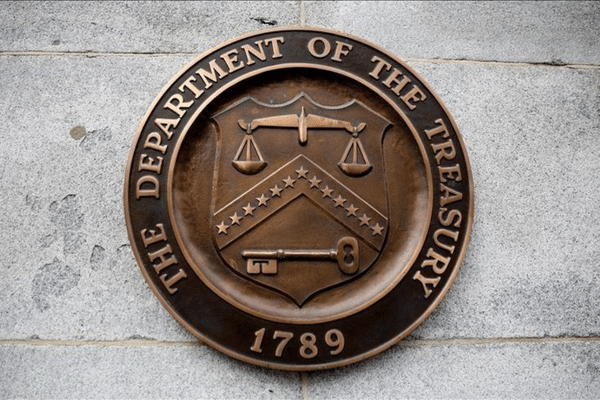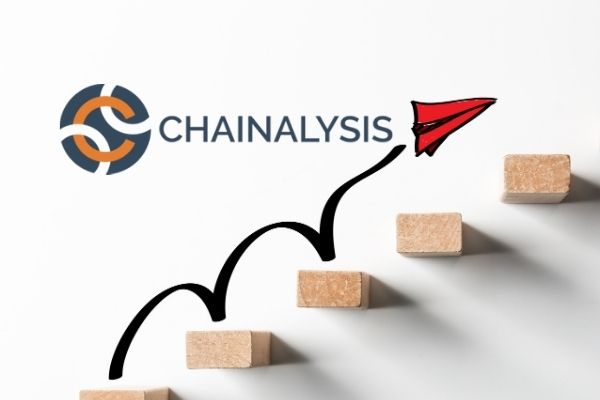The Blockchain Association and the DeFi Education Fund, prominent advocates for the cryptocurrency industry, have joined forces in support of Coin Center’s ongoing lawsuit against the United States Treasury. In a joint amicus brief filed on June 2, the two organizations opposed the “unprecedented and unlawful” sanctions imposed by the Treasury’s Office of Foreign Assets Control (OFAC) on Tornado Cash, a popular decentralized cryptocurrency mixer.
In their filing, the associations contended that the sanctions against Tornado Cash by OFAC lacked both statutory authority and a factual basis. They emphasized that OFAC possesses the power to sanction individuals or property but lacks the jurisdiction to sanction decentralized protocols like Tornado Cash, which is essential software. The core argument was that the Tornado Cash software is not owned by any entity, making it impossible to impose sanctions.
While acknowledging that Tornado Cash has been misused for illicit activities, particularly by North Korean-affiliated hackers for money laundering, the amicus brief also highlighted the legitimate use cases of the protocol. Notably, it emphasized that Tornado Cash offers enhanced privacy on the transparent Ethereum blockchain, enabling users to protect sensitive financial information.
The joint filing further urged the courts to declare the OFAC sanctions unlawful and prohibit their enforcement. This recent amicus brief follows a similar filing by the Blockchain Association and the DeFi Education Fund in April, supporting a nearly identical lawsuit against the Treasury Department brought by six individuals. Coinbase, a leading cryptocurrency exchange, has thrown its weight behind Coin Center’s lawsuit, seeking to remove the ban on Tornado Cash.
In response to these challenges, the Treasury Department has argued that crypto mixers like Tornado Cash pose a significant national security risk and have failed to implement adequate measures to prevent money laundering.
As the legal battle unfolds, the lawsuit’s outcome could have far-reaching implications for regulating decentralized protocols and their potential sanctions by governmental bodies. Market participants and crypto enthusiasts eagerly await the court’s decision, shaping the future of privacy-enhancing tools within the cryptocurrency ecosystem.



